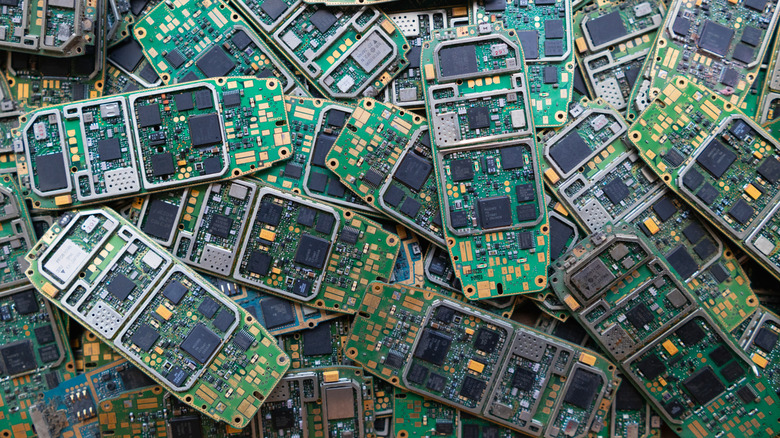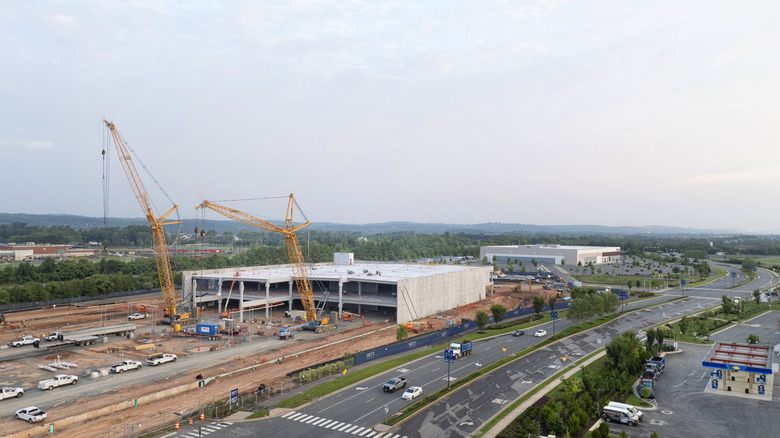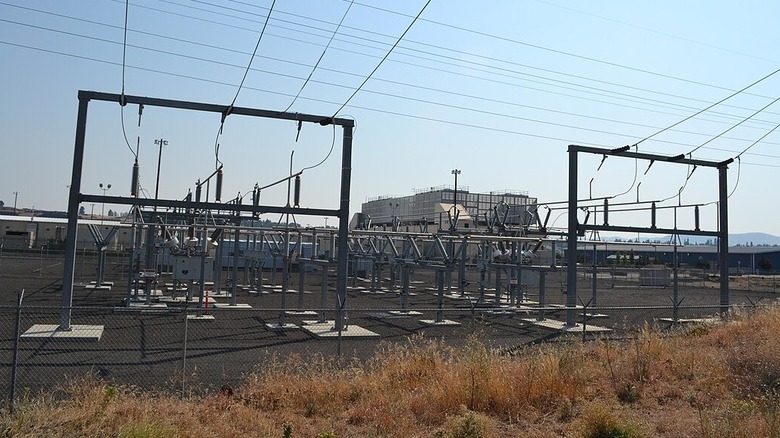What Is Greenwashing In The Tech Industry And How Does It Affect You?
When a company exaggerates or lies about how environmentally friendly it is, it's called greenwashing. It happens in a lot of industries, from finance to telecoms to automotive to consumer devices. If a company gets caught, effects such as reputational damage can roll on for years. One example of this is Volkswagen's Dieselgate scandal. Volkswagen hyped a new "clean diesel technology", but researchers showed it was actually the car detecting that it was undergoing emissions testing and changing to a mode that improved emissions. Years later, the resale value of Volkswagen cars is low, in part because of the scandal.
Tech companies have so far avoided such catastrophic scandals. However, accusations have been levied against tech giants, both hardware and software-oriented. Apple has been accused of greenwashing for years because the company's efforts to cut pollution in manufacturing are offset by its lack of long-life software and service support, which creates e-waste consisting of otherwise usable devices.
Microsoft has been accused of over-stating its green credentials
Sometimes, a company will tout its environmentally positive efforts, and those efforts will be real. Taken against the background of the company's entire operations, though, the effect might look at best minimal, or as something done with greenwashing in mind. In 2025, Microsoft signed contracts removing up to 14 million tons of carbon dioxide from the environment over a period of up to 15 years. However, in 2024 alone, the company produced 15 million tons of carbon dioxide.
While Microsoft is mostly a software solutions provider, its emissions come primarily from a very physical act — building data centers. Microsoft reported that 96% of its emissions in 2023 came from indirect sources. Within that, the largest share came from the all-in building and provisioning of new sites, including the hardware that went into them.
Energy use rose 168% in 2024, and Microsoft points out that this is a much greater rise than that of emissions. However, critics point out that the company is becoming even more resource-intensive, with both energy and water use rising to the point of overstressing local supplies and networks.
The real-world impact of greenwashing
Microsoft is far from alone when it comes to accusations of greenwashing and resource use. Proposed data centers in North Carolina could consume up to a billion gallons of water yearly, which raises questions about water availability for residents. Tech companies with a strong need for server farms also fall under scrutiny regarding how their power is generated. Renewable Energy Certificates, or RECs, are purchased to encourage renewable energy suppliers to grow their businesses, but those suppliers are often not actual energy suppliers to the REC buyers. The result is that old power plants continue to pollute the air we breathe locally, while new initiatives help somewhere else in the world.
Amazon is particularly noted for this, and the problem is surging as energy needs at AWS climb with the introduction of AI-driven services. In 2024, Amazon employees estimated that only 22% of the overall company's electricity consumption in the U.S. came from renewable sources, despite claims of using 100% renewable energy seven years before its 2030 goal. The employees point out that where Amazon builds a data center, demand for fossil fuels rises, but RECs could be bought for projects across the country.


